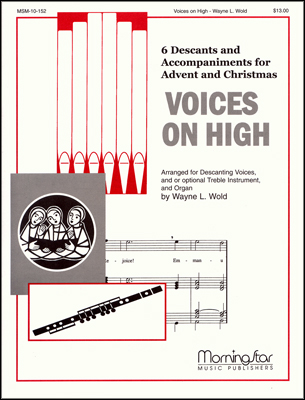- |
User Links
Hark! The Herald Angels Sing
Hymn Information
- First Line
- Hark! the herald angels sing
- Author
- Charles Wesley (1739, alt.)
- Tune Name
- MENDELSSOHN
- Composer
- Felix Mendelssohn (1840)
- Adapter
- William H. Cummings (1856)
- Topic
- Biblical Names and Places: Bethlehem · Church Year: Christmas
Copyright Information
- Text Copyright
- Public Domain
- Tune Copyright
- Public Domain
- Reprint/Projection Information
- Words and Music: The Words and Music are in the Public Domain; you do not need permission to project or reprint the Words and Music.
Full Text
Scripture References
- ·
Thematically related:
- st. 1 = ·
- st. 2 = ·
- st. 3 = · · ·
Further Reflections on Scripture References
Containing biblical phrases from Luke, John, and Paul, the text is a curious mixture of exclamation, exhortation, and theological reflection. The focus shifts rapidly from angels, to us, to nations. The text's strength may not lie so much in any orderly sequence of thought but in its use of Scripture to teach its theology. That teaching surely produces in us a childlike response of faith; we too can sing "Glory to the newborn King!"
Confessions and Statements of Faith References
Further Reflections on Confessions and Statements of Faith References
Belgic Confession, Articles 18 and 19 proclaim that Christ is “truly our Emmanuel—God with us” and he, as a divine being, truly assumed a human nature by the power of the Holy Spirit so that the two natures are “inseparably united and joined together.” This profound truth, that Jesus is fully human and fully divine, is proclaimed through Jesus’ many names in this song: “everlasting Lord,” “offspring of the virgin’s womb,” “incarnate Deity,” and the Godhead “veiled in flesh.”
Hark! The Herald Angels Sing
Confession
Assurance
Blessing/Benediction
Additional Prayers
Hark! The Herald Angels Sing
Tune Information
- Name
- MENDELSSOHN
- Key
- F Major
- Meter
- 7.7.7.7. D refrain 7.7


 My Starred Hymns
My Starred Hymns






